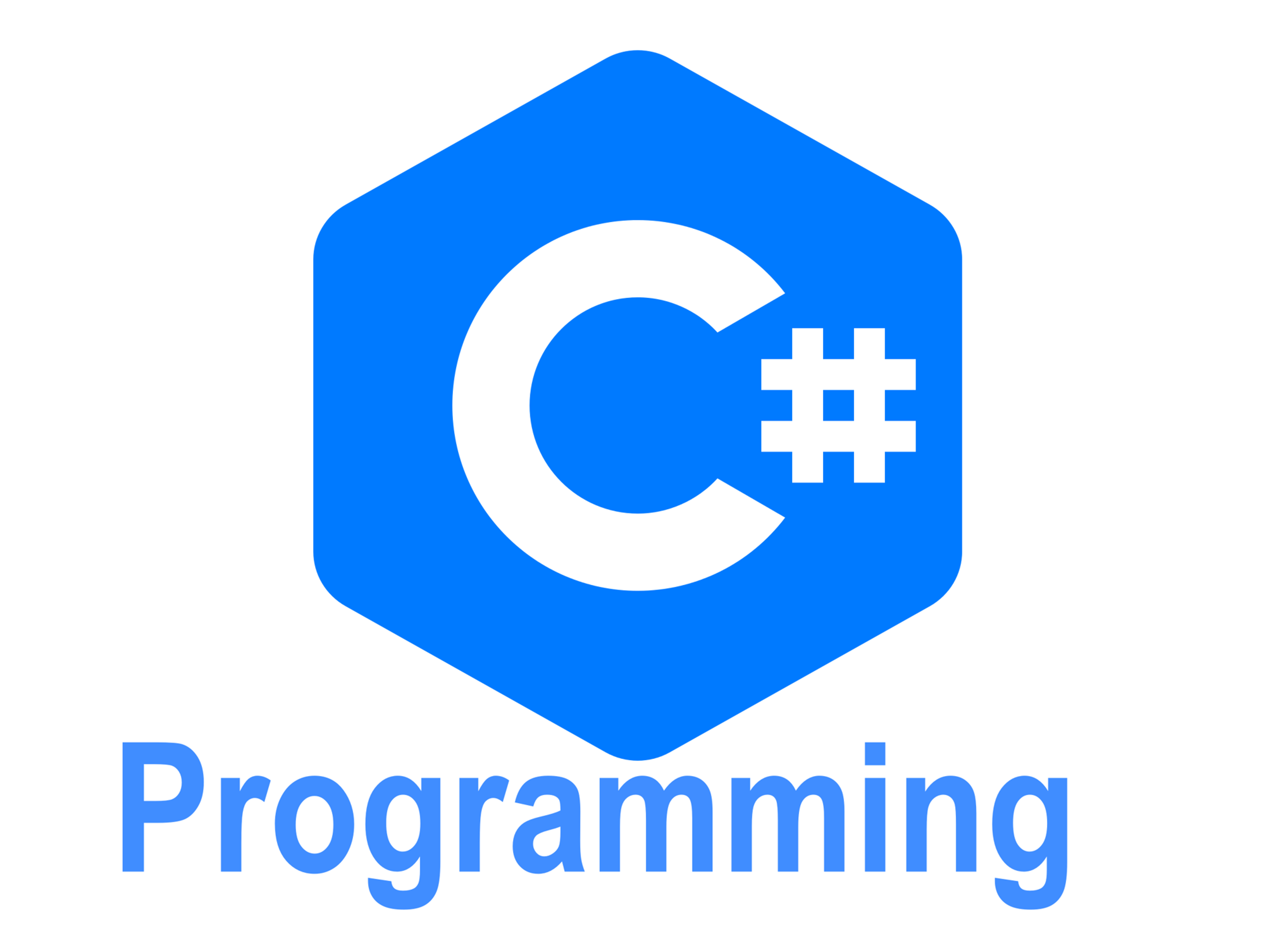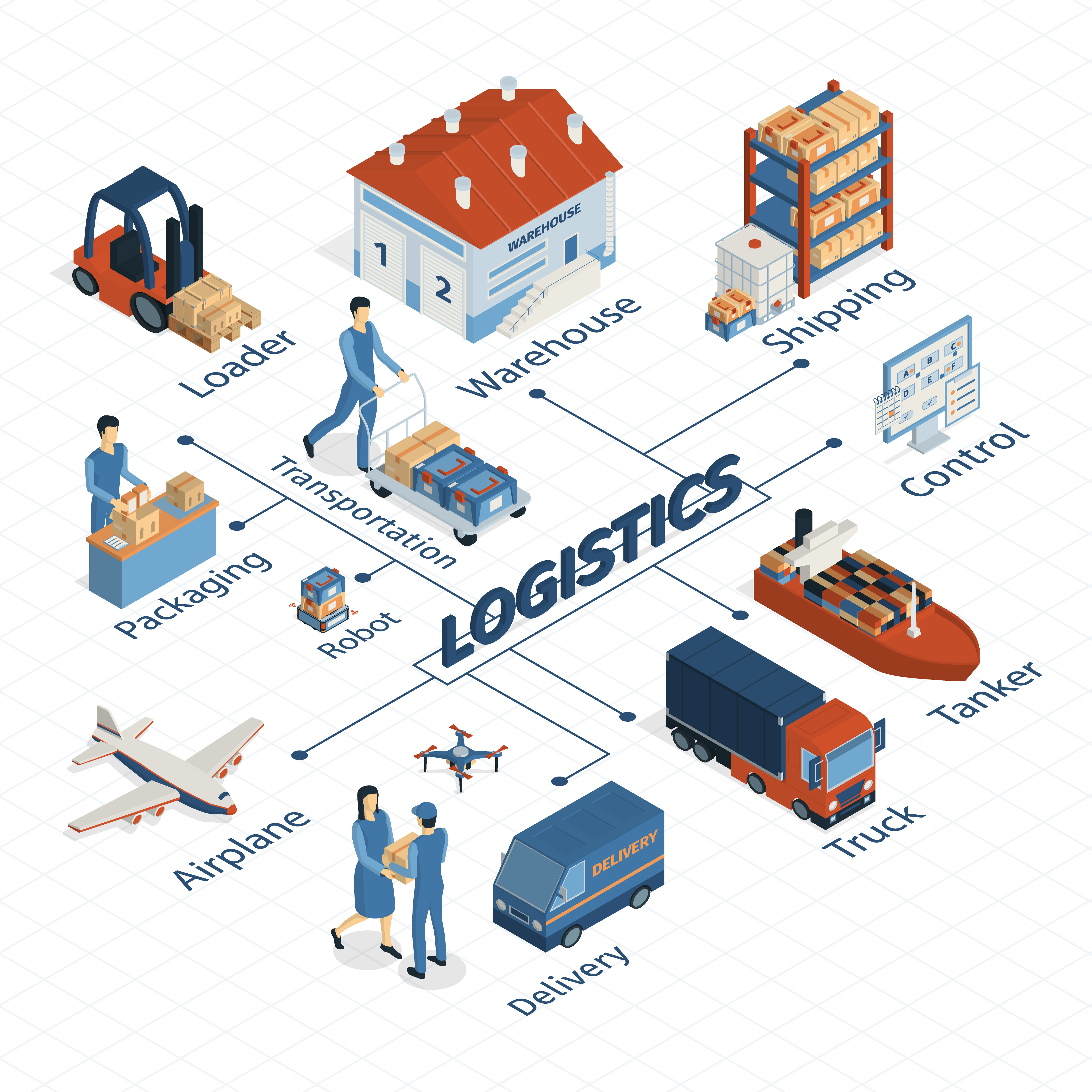
This module provides the student with the experience of designing and producing an effective web application for a live client with advanced web design techniques while practicing a team workflow process. It will help you take your web design skills to the next level. You’ll learn how to use the updated features in HTML5 and CSS3 to create flexible and modern websites, style them with new CSS techniques, and optimize them on mobile platforms, use external libraries, and create animated elements. You’ll learn best practices for search engine optimization (SEO), browser validation, and accessible design, students will learn how to build dynamic, data-driven websites using databases, front-end frameworks and server-side programming. This module provides the skill set required to do full stack web development work including Web Ranking And Hosting, Setup an FTP Client, Site Structure Information Architecture, Design Principles Content Design (Wireframes), Quality Assurance Testing, Usability Testing, Content Management System, Working with Web Application Framework, working with Model View Controller (MVC), and Web based enterprise application integration. Students will apply the advanced techniques they’ve learned in the course to various assignments. By the end of the course, during an assignment in the form of mini-project, they will have developed fully functional and hosted websites and this course also includes a comprehensive final exam.
- Teacher: Dr. GATETE Marcel

This course will cover fundamentals of data mining and data
warehousing. Topics will range from statistics to machine learning
to database, with a focus on analysis of data sets exhibiting different
distributions. The course content will be including the conceptual
framework of data mining, descriptions and examples of standard
methods used in data mining, and the role of data mining in real life
application. Additionally, the course will provide exercises
and practical experience with a data mining related research.
Also covered are Data warehousing fundamentals, project
planning, business requirements definition, dimensional modeling,
technical architecture, physical configuration options, product
selection physical database design, data staging process and techniques, end user applications, deployment, management and
growth and this course also includes a comprehensive final exam.
- Teacher: Dr. GATETE Marcel

Welcome to Event-Driven programming course which focuses on DOT Net programming, a programming paradigm in which the flow of the program is determined by events such as user actions (mouse clicks, key presses), sensor outputs, event handling, exceptions or messages from other programs/threads.This module provides the Students a deep understanding to be come programmers with graded coverage of core programming topics, with an emphasis on the C#.Net programming language, and the use of a visual development environment (Visual Studio.NET). The core aim is to develop competency and confidence to Students in .NET and Microsoft SQL Server Technology applied within the context of modern applications development. This course also includes a comprehensive final exam.
- Teacher: Dr. GATETE Marcel

The aim/objective of this module is to provide students with a comprehensive understanding of the regulatory, operational, and logistical aspects of international trade, with a specific focus on warehouse and operations management. By the end of the module, students should be able to understand the legal and regulatory requirements for ware house management, and have a thorough understanding of the functions and operations of warehouse, including the management of cargo handling, vessel scheduling, and compliance with safety and environmental regulations. Additionally, students may be introduced to key concepts such as warehouse, logistics, and operations planning, which are critical for effective warehouse and operations management. Ultimately, the objective of the module is to equip students with the knowledge and skills needed to effectively manage and navigate the complex world of international trade and logistics.
|
The aim/objective of this module is to provide students with a comprehensive understanding of the regulatory, operational, and logistical aspects of international trade, with a specific focus on warehouse and operations management. By the end of the module, students should be able to understand the legal and regulatory requirements for ware house management, and have a thorough understanding of the functions and operations of warehouse, including the management of cargo handling, vessel scheduling, and compliance with safety and environmental regulations. Additionally, students may be introduced to key concepts such as warehouse, logistics, and operations planning, which are critical for effective warehouse and operations management. Ultimately, the objective of the module is to equip students with the knowledge and skills needed to effectively manage and navigate the complex world of international trade and logistics.
|
|
Learning Outcomes/Objectives: |
|
1. 1. Understanding of international trade: Students should understand the fundamentals of international trade, including the different types of shipping, packaging, and tracking barriers. They should also be able to explain the role of warehousing and operations management in facilitating both local and international trade.
2. Knowledge of storing and goods keeping: Students should be familiar with the storing regulations and procedures involved in receiving and sorting goods, including the documentation requirements, compliance issues, and clearance procedures. They should also understand the role of warehouse managers and material handlings in the warehouse process. 3. Understanding of material resource planning: Students should have a good understanding of the functions and operations of materials, including material transformations, production planning and processes, and order fulfillment. They should also be familiar with the different types of materials and their unique characteristics.
4. Knowledge of logistics and supply chain management: Students should understand the principles of logistics and supply chain management, including transportation planning, inventory management, and distribution strategies. They should also be familiar with the different modes of transportation, including air, sea, and land transport. |
- Teacher: Edward Byabagamba
